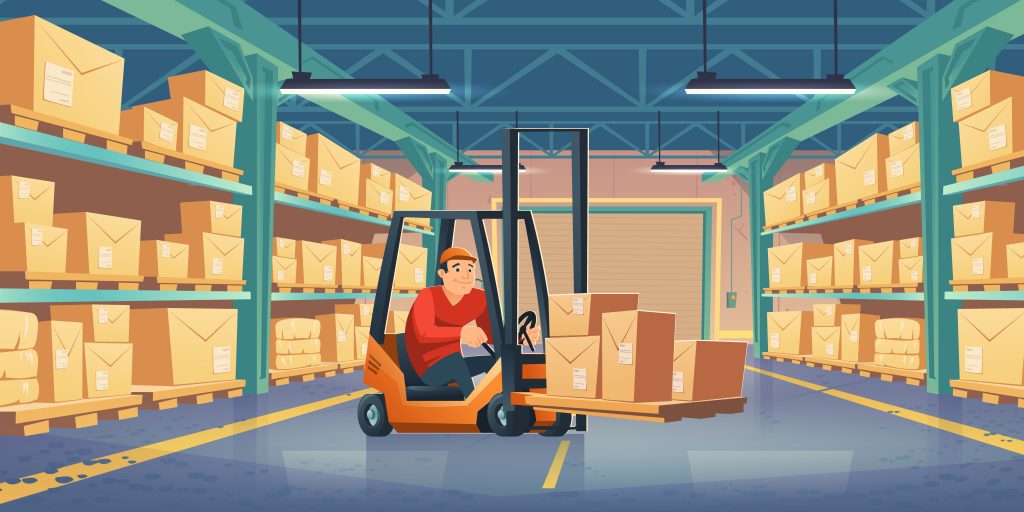This referenced posting comes from Compliance Week, and is a good news, bad news type of story that underlines the existential threat to many businesses caused by supply chain disruptions, not to mention actual dissipation. The worldwide coronavirus ‘lockdown’ policies enacted by governments (with few exceptions) now 7 weeks underway (outside of China of course), need to be quickly reassessed in light of the availability and ongoing capture and analysis of data about the true lethality COVID-19. In the meantime, as the author points out, many companies are doing what they can to ameliorate the effects on suppliers (and themselves), in the what should be realistic hope that the world gets back to work soon.
So on the one hand you have some companies across indicated verticals such as consumer goods, retail food (one for which we should all share a short-term affection), natural resources, etc), that are enacting immediate payments and other helpful terms for their suppliers, especially smaller ones. An example is:
‘Consumer goods manufacturer Unilever, for example, announced a wide-ranging set of measures to support global and national efforts to tackle the coronavirus pandemic, including offering €500 million (U.S. $540 million) of cash flow relief “to support livelihoods across its extended value chain through early payment for our most vulnerable small and medium sized suppliers, to help them with financial liquidity; and extending credit to selected small-scale retail customers whose business relies on Unilever, to help them manage and protect jobs.” ‘
So that’s the good news…the bad news is that we are still in this mess, and it will get worse before better without some ‘unlock’ policies quickly advanced. By the way, not every buyer is being so helpful, which means that the issue touches all parties in commerce, and not all verticals are equal in this reactionary pandemic impact.
‘The examples mentioned above are the exception, however, not the norm. According to the Turkish Clothing Manufacturers’ Association Board (TGSD), several hundreds of suppliers in the ready-made garment industry have expressed numerous concerns about the recent actions taken by global brands and retailers, including:
Halting future orders until further notice, which “will oblige manufacturers to cover labor and overhead costs on their own for an indeterminate period of time;”
Suspending production in the pipeline;
Soliciting discounts or cancellations for goods that already are in the pipeline; and
Requesting an extension on the payment terms for shipped goods that are on their way to distribution centers or already in the stores.
“A halt in high-volume production at the beginning of the season means that large quantity orders are creating massive inventories for the factories,” the TGSD said. “Along with the inventory cost, manufacturers bear full liability for materials nominated by brands on their own, which constitutes an existential threat to companies most of which operate within one-digit margins. If brands do not help their suppliers finance the minimum liabilities, suppliers will not be able pay their employees’ salaries and secure their livelihood.”…“This crisis presents an opportunity for retail businesses and manufacturers to reinforce their dialogue and continue to communicate with mutual respect and understanding to maintain a healthy and sustainable supply chain,” the TGSD said…For multinational companies across all industries in all regions of the world, now is as critical a time as any to reassess payment terms being forced upon the supply base and whether it makes more sense to readjust those terms, at least for the time being.’
Overview provided by Steve Murphy, Director, Commercial & Enterprise Payments Advisory Group at Mercator Advisory Group.
